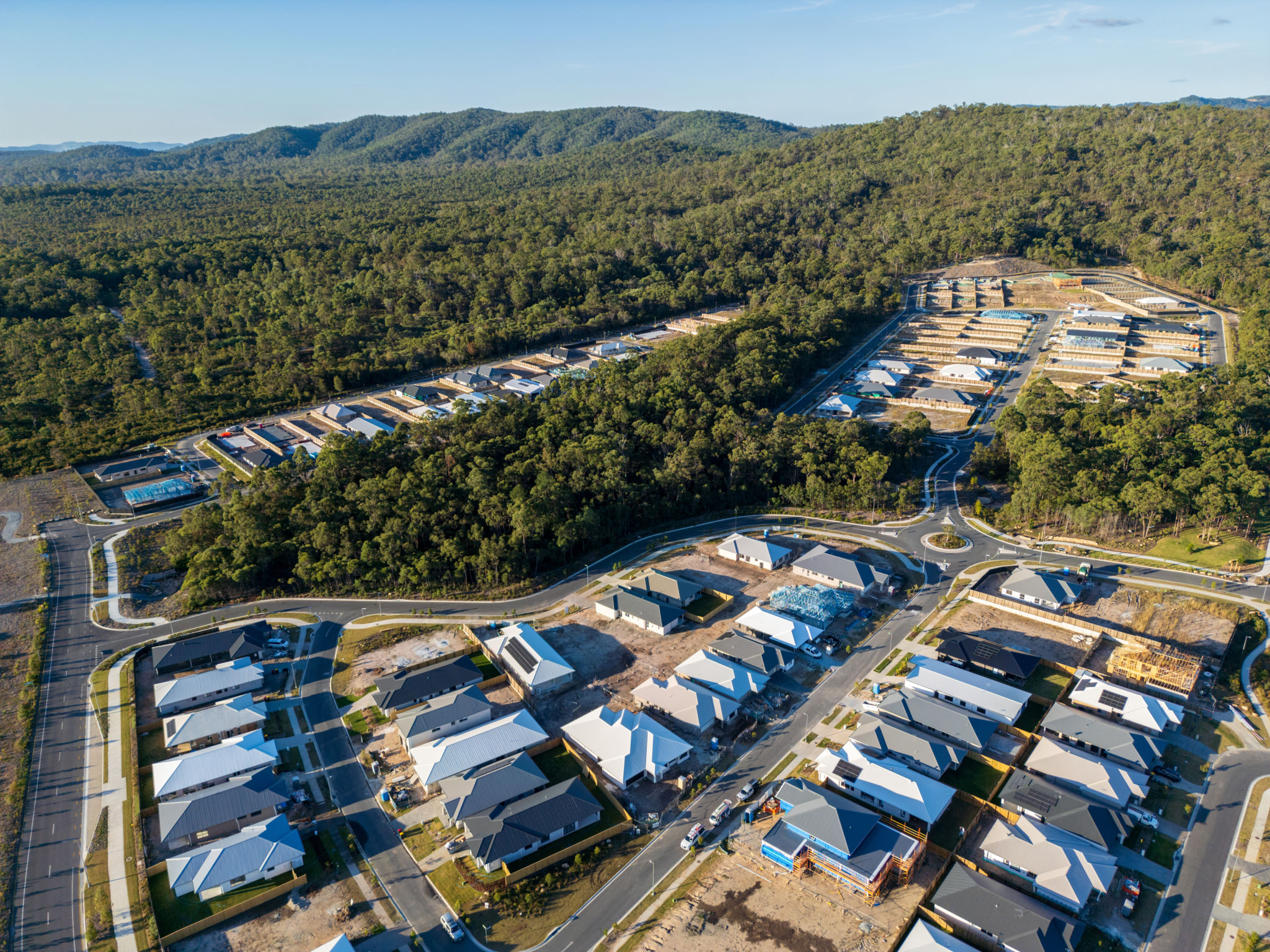Economic Growth and Its Impact on Retirement Villages
AA
Economic Growth
Economic activity rose 0.7 percent in the December 2024 quarter as measured by gross domestic product. Economic growth is a crucial factor that influences various sectors of the economy, including the housing market, healthcare, and social services, and is reflected in improved living standards and increased consumer spending.
Retirement villages are positively impacted by these economic changes. As economies grow, they bring about shifts in demographics, a stronger real estate market, investment opportunities, and policy changes that directly affect these communities.

Investment and Infrastructure Development
Economic growth often leads to increased investments in infrastructure and real estate development. For retirement villages, this means the opportunity to expand or enhance existing facilities, providing better services and amenities for residents. Investors are more likely to support projects that promise long-term returns, making retirement villages an attractive option due to the steady demand from an aging population.

Enhanced infrastructure not only improves the quality of life for residents but also attracts more retirees by offering modern living arrangements, improved healthcare services, and convenient access to urban amenities.
Policy Changes and Their Impact
With economic growth, the coalition government has signaled revised policies related to taxation, healthcare and infrastructure investment. These changes can have a profound impact on retirement villages. For instance, favorable tax policies can increase disposable income for retirees, allowing them to invest in better housing options within these communities. Another change coming is a relaxation of controls for resource consents. This should accelerate retirement village development in what is expected to be a period of house price growth - an important factor for the value of retirement village businesses.

The Role of Technology
Economic growth often spurs technological advancements that can greatly benefit retirement villages. From telemedicine services that provide remote healthcare consultations to smart home technologies that enhance safety and convenience, technology plays a pivotal role in improving the living standards within these communities.
Embracing these technologies not only helps in meeting the needs of tech-savvy retirees but also ensures that retirement villages can operate efficiently and balance the all important operational cash flows.
The Future Outlook
As the economy grows, the future of retirement villages looks promising. The demand for well-equipped and strategically located retirement communities is expected to rise. Operators who can effectively harness economic growth by investing in infrastructure, technology, and resident services will likely thrive in this expanding market.
The key will be strategic investment that improves the cash flows and future value of these assets.
